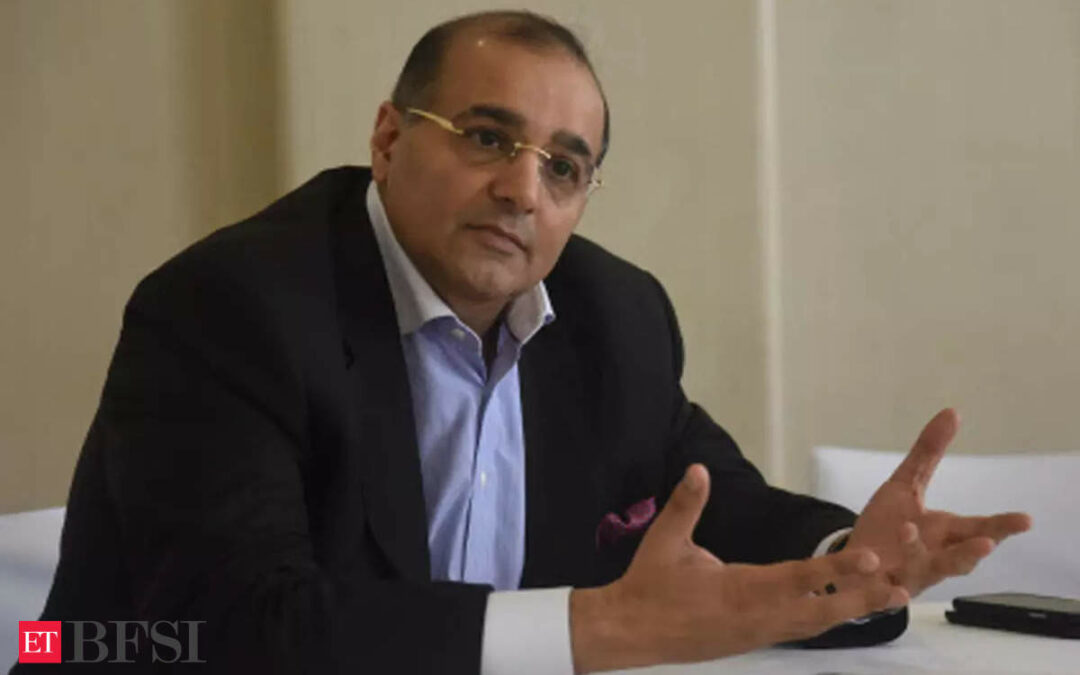The National Company Law Tribunal (NCLT) has admitted Union Bank of India’s application to initiate insolvency resolution proceedings against Kapil Wadhawan, the erstwhile promoter of Dewan Housing Finance (DHFL), for a Rs 3,958-crore default by the mortgage financier. Wadhwan was a co-guarantor against these loans.
The tribunal has also appointed Devendra Mehta as the resolution professional (RP) to ascertain the claims of lenders and compute the personal assets of Wadhawan.
Earlier on March 20, the bankruptcy court had admitted a similar application against Kaipl’s brother and erstwhile co-promoter Dheeraj Wadhawan and had appointed Mehta as RP.
DHFL had availed various term loan facilities of more than Rs 4,000 crore and working capital facilities of Rs 450 crore. Wadhawan had provided unconditional and irrevocable guarantees toward the credit facilities granted by the public sector lender to DHFL.
“Initiate insolvency resolution process against the respondent/personal guarantor and moratorium in relation to all the debts is declared, from today i.e. date of admission of the application,” said the division bench of Justice VG Bisht and a technical member Prabhat Kumar in its order of April 2.
Before the tribunal’s order, Wadhawan had objected to the application through his counsels and argued that he executed a Joint Deed of Guarantee in favour of Catalyst Trusteeship Ltd, being the security trustee appointed by the consortium of about 29 banks.
He further argued that the individual lender can not approach the tribunal since, the security trustee had been appointed by the consortium from time to time by security trustee agreements for accepting the securities furnished to secure the loans advanced by the consortium to DHFL, the principal borrower, and for holding the same in trust for the benefit of the consortium.
However, setting aside this argument, the tribunal had observed that the word ‘banks’ has to be understood to include the bank also. The tribunal also observed that in order to give effect to the guarantee, the said bank could proceed against the guarantor as if he was the principal debtor and therefore the necessary corollary that follows is that the individual banks were vested with power to proceed against the guarantor independently.
Rohit Jain, managing partner of law firm Singhania & Co said, while the broad insolvency resolution process framework in the case of personal guarantors is similar to that of corporate insolvency, however, there are subtle procedural differences.
“In case of resolution process against a personal guarantors, the NCLT is mandated to appoint a Resolution Professional. In corporate insolvency, a Committee of Creditors (CoC) is constituted comprising of Financial Creditors which decides on the approval of the Resolution Plan, in IRP of personal guarantors, majority of more than 3/4th in value of all the creditors present in the meeting of creditors approve the repayment plan,” adds Jain.
On November 20, 2019, the central bank superseded the board of DHFL and appointed R Subramaniakumar as the company administrator.
Subsequently, in September 2021, Piramal Capital acquired DHFL for Rs 34,250 crore. It merged DHFL into itself subsequently.
The creditors of DHFL (including FD holders) had recovered an aggregate amount of Rs 38,000 crore from the resolution process of DHFL at the time of approval of the plan. Around 94% of the creditors had voted in favour of Piramal’s resolution plan, which had proposed a recovery of about 46% for the lenders.










